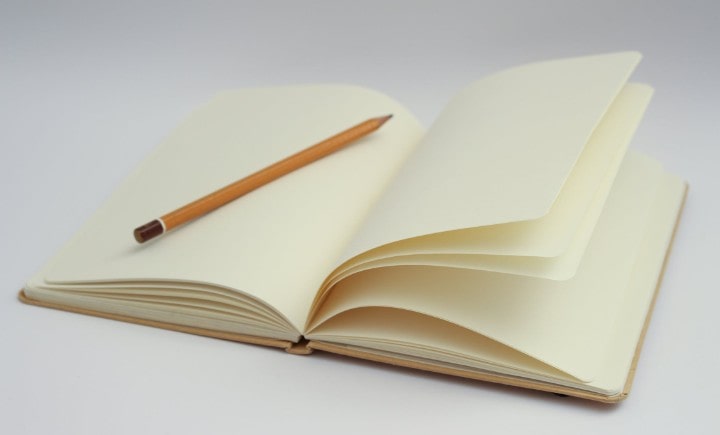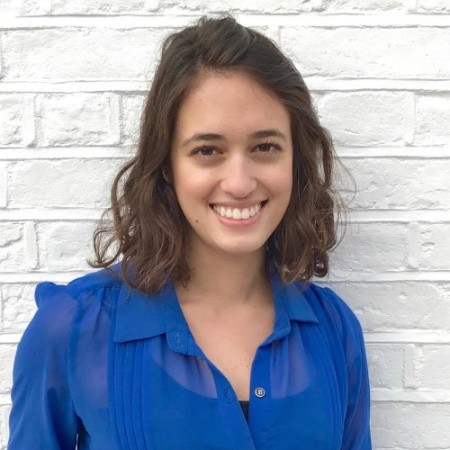

When Should I Start Revising for GCSEs or A-Levels?
There’s no set date to start revising, although your teacher probably said that you should have started last week, if not three months ago (as shown in the below video). But let us give you some real tactical guidance. What we will set out in this post is a four-step process to identify your ideal starting date. Now, let’s hope you’re not reading this a week before the exams because then it’s best to jump straight into our online revision courses. But if you’re reading this many months ahead of the exam dates, then here’s your approach to figuring out when to start revising:
- Plan early to know when to start
- Create a revision schedule to see how much time you can allocate per week
- Calculate backward from your exam days
- Identify your revision starting date
1. Plan Early To Know When to Start
We’re stating the obvious here, but it ought to go without saying that you should ensure that there is enough time to comprehensively revise for all your subjects. So why not take a few minutes to sit down now and think about your exams a few months in advance. Think about the results you would like to achieve and how much you’re willing to prepare for that. Take a few minutes and follow the next three steps.
2. Create a Revision Schedule
The first thing to do is to look create a revision schedule. We’ve covered this extensively in this blog post. The reason to already create a revision timetable is to give you an indication of how much time per week you would have to revise. Considering your normal life like school, homework, social activities, sports, work, etc. there might be less time available than you’d expect. So create your timetable now. At this point in time, it can be even a rough draft. But make sure to get an indication of how much time you would have available to revise.
3. Calculate Backward From Your Exam Days
Once you have your revision schedule and know when the exam days are, then you can calculate backward. Let’s take a GCSE student as an example. She is studying eight different subjects and looking at the amount of time she can allocate per week, she would need on average two weeks of revision per subject. With eight different subjects, then that will require her sixteen weeks of revising.
4. Identify Your Revision Starting Date
Once you’ve calculated the number of weeks that you need, then it’s an easy step to identify your starting date. With most exams starting at the end of May, she is planning to start revising latest in February to give herself sufficient time. Now, this might be different for you. Whether you need more or less time per subject really depends. But don’t surprise yourself and find out last minute that you should have started earlier. Think about the starting date as soon as possible so that you reassure that you have sufficient time to cover everything. For more tips on revising check out our Ultimate GCSE & A-Level Revision Guide.






